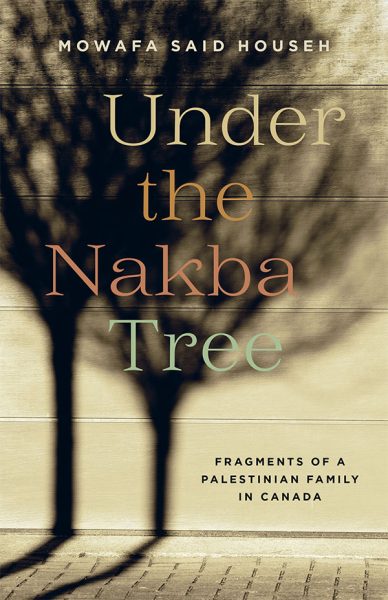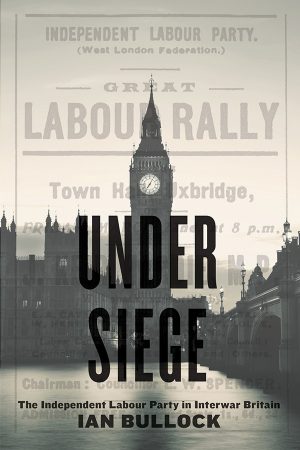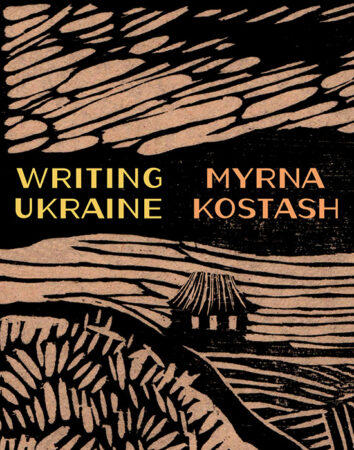- 9781771992039 (paperback)
- 9781771992046 (pdf)
- 9781771992053 (epub)
To listen to the audiobook, click Read Online above.
Mowafa Said Househ’s family fled Palestine in 1948 and arrived in Canada in the 1970s. He spent his childhood in Edmonton, Alberta, where he grew up as a visible minority and a Muslim whose family had a deeply fractured history. In the year 2000, when Househ visited his family’s homeland of Palestine at the beginning of the Second Intifada, he witnessed the effects of prolonged conflict and occupation. It was those observations and that experience that inspired him not only to tell his story but to realize many of the intergenerational and colonial traumas that he shares with the Indigenous people of Turtle Island. His moving memoir depicts the lives of those who live on occupied land and the struggles that define them.
Mowafa Househ is not only an outstanding scholar and distinguished intellectual, but also a courageous voice for justice. His biographical account is the remarkable telling of one person’s struggle to keep the memory of Palestine alive. A must read for all those who wish to understand the lives of the dispossessed.
Farhan Chak, Qatar University
More than simply a Muslim Canadian or Palestinian diasporic memoir, Househ’s biography is a quintessentially Canadian story that breathes life into the grand narrative of the nation. His moving prose provides a lucid guide through the turbulence of the last twenty years—from the 9/11 terror attacks to tumult in Palestine—harmonizing aspects of modern history often viewed as isolated and separate. The result is a masterful retelling of a modern history lost between the cracks.
Khaled A. Beydoun, author of American Islamophobia: Understanding the Roots and Rise of Fear
Awards
- 2023, Winner, Independent Publisher Awards: Best Regional Non-Fiction, Canada-West
Reviews
Told with empathy and moral courage, Under the Nakba Tree offers a refusal of the Palestinian generation born in exile to let their history and rights disappear from political and domestic conversations. Published on the eve of the 74th anniversary of the Nakba, this story offers a narrative of survival and resistance—a refutation of past and current inequality, discrimination and injustice. By opting to stand up and tell his story, Househ does not hide or swallow the humiliation but instead spits it out.
—Ghada Ageel, Alberta Views
Table of Contents
- 1. Fleeing and Frozen
- 2. Calls to Prayer
- 3. A Circle of Tears
- East
- 4. The Price of Slippers
- 5. Planting Saplings
- 6. In the Line of Fire
- West
- 7. Uprisings
- 8. Fighting Back
- 9. Wise Mentors, Rough Waters
- 10. A Thirst for Knowledge
- North
- 11. Flying to Amman
- 12. Welcome to Al-Quds
- 13. The Children of Palestine
- 14. Chaos at Masjid al-Aqsa
- 15. Violence in the Streets
- 16. Family Ties
- 17. Surrounded by Family in the Middle of a War
- South
- 18. Crossing Borders
- 19. At First Sight
- 20. Putting Down New Roots
- Epilogue: Half-Belonging in the World
- Acknowledgements
This work is licensed under a Creative Commons License (CC BY-NC-ND 4.0). It may be reproduced for non-commercial purposes, provided that the original author is credited.




